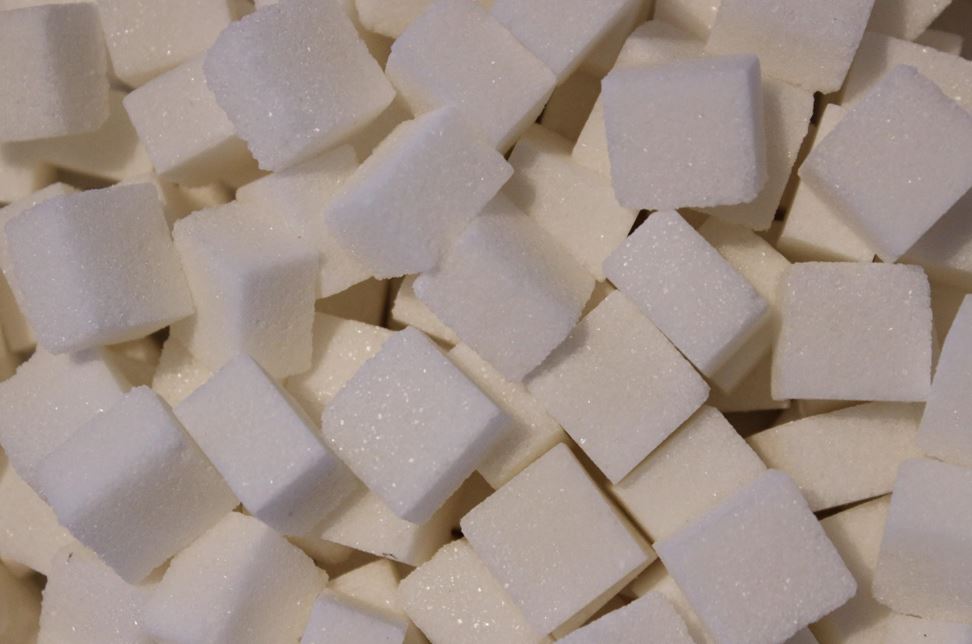
It’s hard to meet anyone who doesn’t know what sweetness is, much less taste it. What role does sugar play in our lives and why do people become addicted? The answer is in the evolutionary mechanism of human survival.
Why People Like the Taste of Sweet
Our interest in sweets is genetic, based on certain instinctive-reflex patterns and patterns. We don’t need to teach our child about sweets, he is ready for them and will receive them from mother’s milk.
After all, the glucose in milk carries strategic importance: psychological (bonds of affection, reduction of anxiety and stress), hormonal (oxytocin, cholecystokinin, prolactin) and biochemical (anesthetic, analgesic, analgesic). Moreover, the taste of the milk will change depending on the mother’s diet, so the baby will be introduced to other flavors of food, which will later prepare him for independent complementary feeding and lower the allergenicity threshold.
The trail of sugar in the evolution of the sweet tooth can have several causes:
- Early weaning or loss of her mother. As a consequence, the search for compensation for her in the form of trying everything to taste with a stop on the sweet, since spicy or bitter things instinctively cause danger.
- The independent act of self-care. Because of the small age and the inconsistency of meat extraction, the child could be satisfied with berries and roots on his own. The extraction of berries is a low-cost and feasible activity for a child, unlike hunting.
As everything in the natural mechanism is cyclical, so is childhood. Normally, a growing individual’s need for sugar as food and toil ends with the cycle of bone growth and hormonal changes. With each passing year, perfecting the skill of the hunt, the prey of meat covered the need for satiation, and sweetness was no longer the priority food, but rather the need for the enzymes found in sweet berries and fruits.
If the need or dependence isn’t lost in the adult, we are dealing with biochemical, hormonal and psychological causes.
Biochemical Reasons
In fact, the basic need for nutrition (survival) is calories. It doesn’t matter at all what you eat, the main thing is to fit within your BMR. A person with a strong sense of hunger is actually pursuing satiety, and more often than not, it’s just fat, and it may not be sweet. This is why nutritionists advocate against snacking, while playing at the mobile betting website, watching movies, or working, which provokes insulin spikes (imaginary satiety, which provokes overeating).
Sugar is a simple carb that quickly dulls the feeling of hunger and easily accumulates as fat reserves. These properties of sweets helped ancient people to survive. Sugar gave a sense of emotional lift, improving readiness for danger and cold. The extra weight saved us from hypothermia, especially during ice ages, and provided energy reserves in case tasty or nourishing calories were not forthcoming.
The natural trap is that the brain is afraid to die during hunger and seeks to quench that need as quickly as possible with a fast carb. Once you eat a portion of complex carbohydrates, fiber and protein, you won’t want sweets anymore.
Hormonal Reasons
Sweet eaters have a genetic and racial predisposition behind them. The reason lies in the gene TAS1R3, which is responsible for the rate of sugar, which the person considers acceptable for himself. Europeans are most addicted to the sweet world. Asians and Africans are less susceptible to the sweet tooth.
The difference in the perception and need for sweetness comes from the territorial area and its possibilities. In northern latitudes, for example, there were virtually no foods that tasted sweet, unlike in hot countries where sweet fruits grew everywhere.
Psychological Reasons
When contact with oneself is disrupted, the person is unable to recognize the true desire for the “sweet life.” The need to sweeten is rooted in the relationship with the parents. Often it’s because of a parent’s emotional unloving or cruelty that the child tends to compensate with sweets. Hormonal and biochemical responses to sugar are triggered, and one becomes a little calmer. But the effect of sugar is short-lived, and the need for the dope intensifies, so addiction is born. Sweetness is a way of silencing emotional pain, one’s own needs, and unclosed gestalts.
Sugar only dulls true desires and needs, masking inaction and powerlessness.
As you can see, sugar and an incurable addiction are different. And sugar is quite subject to correction and modification, being a product of taste costs and cravings. Hence the important factor about that food, which is consumed by default and accepted in the family circle, will become a habit, which means that everyone can create their own formula for a healthy diet.
Sugar, as one of the colors in the palette of colors of flavors, has its place because life is beautiful in its variety. Excluding sugar from the diet in the form of fresh/defrosted/fermented berries or fruit, for a healthy person, is a big mistake. After all, the demonization of sugars is already about psychological aberration.
It’s also important to consider that there were no cakes and pastries in the Ice Age. They were a product of human taste, an evolution of the sugar art. Attitudes toward sweets and should remain in the art phase: either simply admire or yield to temptation wisely, favoring only quality products.
But if sugar is the only thing that puts you in the mood, then it’s time to reconsider not only your diet, but also what your life consists of. After all, no amount of candy will solve your lack of fulfillment, intimacy, emotional maturity, and healthy competition.



